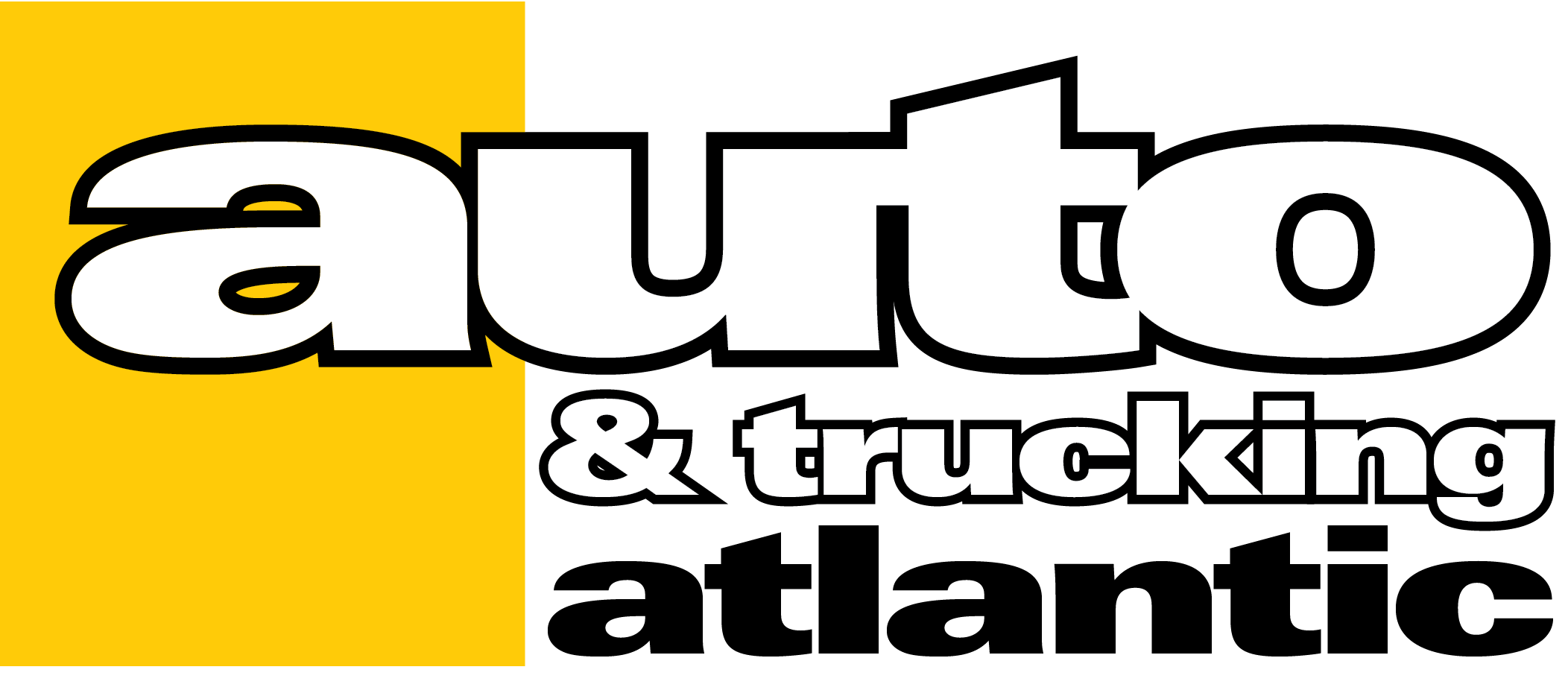Federal Panel Issues Recommendations on Border Reopening and Future Border Policies
A federal COVID-19 Testing and Screening Expert Advisory Panel issued a report May 27 with proposals that could pave a path toward reopening the Canada-US border while balancing public health.
The report, entitled “Priority Strategies to Optimize Testing and Quarantine at Canada’s border”, contained several proposed measures for future land and air border ports in the future, including sustained use of the ArriveCAN app as well as vaccine “certifications.”
In November 2020, the federal Minister of Health created the panel to provide evidence and science-informed advice to the federal government related to existing and innovative approaches to testing and screening in Canada.
The expert panel also recommended the following measures to help support and meet these objectives:
- Border measures must be simple, easy to understand, equitable and consider both benefits and harms;
- Recommending the Government of Canada continue to use the ArriveCAN app to manage traveller information reporting;
- The panel acknowledged considerations regarding vaccine “certification,” and recommending a system to validate proof of vaccination for arriving travellers should be made available as soon as possible;
- The panel recommends the federal government continue screening positive cases among international travellers for variants of concern;
- Land and air border measures should remain as consistent as possible;
- The requirement for all air travellers to quarantine in government-authorized accommodations be discontinued;
- The panel recommends phased implementation of new border measures and consideration for the implementation process, including enforcement, which could take additional time to implement for certain measures.
A delegation of Canadian Trucking Alliance carrier members from each region met with the panel in March to provide the industry’s perspective on managing and preventing the spread of COVID-19 throughout the supply chain, with specific emphasis on cross-border operations.
The objectives stated in the report very much align with CTA’s recommended approach on cross-border measures, which are designed to control the spread of COVID-19; protect public health; secure the supply chain and its services by ensuring that travel restrictions are not excessive; and if required, utilize voluntary testing away from the border to monitor the constantly evolving COVID situation.
Voluntary COVID-19 testing was the recommended approach for exempt travellers arriving at the border by air and land. The report states:
“Voluntary testing on arrival for exempt travellers with lab-based PCR or rapid test: (i) Take-home sampling kit and/or scale up pharmacy capacity (ii) Self-monitoring for symptoms and no quarantine required unless the test is positive. Note: The voluntary arrival testing program should provide useful information on further potential recommendations for this group.”
The report also highlighted what was essentially a zero positivity rate among truck drivers from three voluntary testing programs at multiple locations across Canada last year.
“The Canadian Trucking Alliance would like to once again thank the Expert Panel Co- Chairs Sue Paish and Dr. Irfan Dhalla for meeting with CTA and listening and considering our industry’s concerns and applying our reasoning behind our recommendations,” said CTA director of Policy, Lak Shoan.
“CTA will continue to work collaboratively with Government of Canada to ensure that our industry continues to manage health and safety to the highest degree; trains and prepares its members on the mandatory ArriveCAN requirement, while helping to certify our supply chain remains secure and continues to function at the level required to fuel the Canadian economy.”


